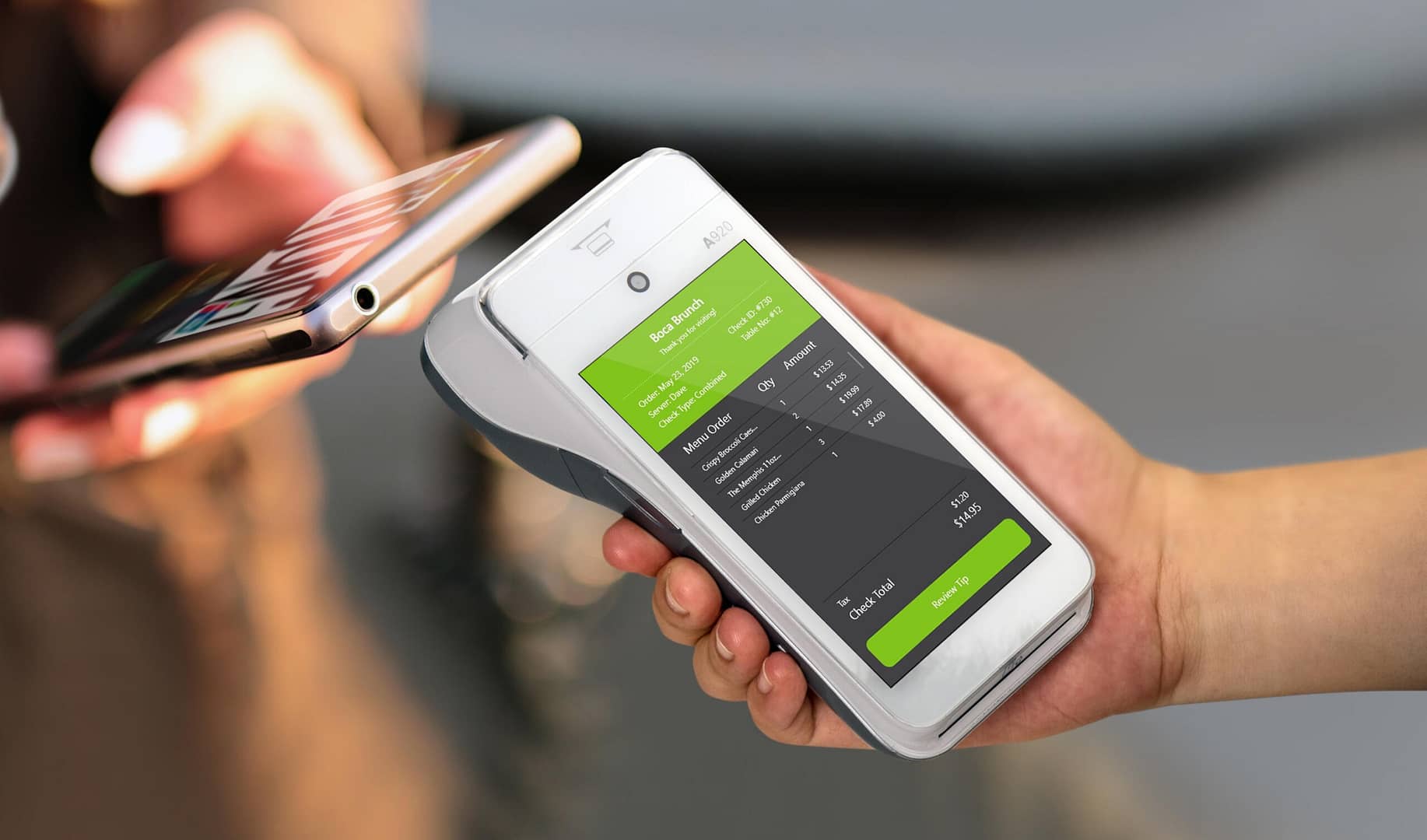The Pros and Cons of Accepting Mobile Payments in Your Store
In today’s fast-paced and technology-driven world, mobile payments are becoming increasingly popular among consumers and businesses alike. With the ability to make payments quickly and easily using a smartphone or other mobile device, mobile payments offer a level of convenience and flexibility that traditional payment methods simply can’t match. In this blog post, we will explore the pros and cons of accepting mobile payments in your store, so that you can make an informed decision about whether this payment method is right for your business. So let’s get started!
The Convenience of Mobile Payments
One of the main advantages of accepting mobile payments in your store is the convenience it offers to both customers and businesses. Mobile payments can be fast, easy to use, and require no physical contact, making them an attractive option for customers who want to make quick and hassle-free purchases. For businesses, mobile payments can help speed up the checkout process and reduce the need for cash handling, which can save time and improve efficiency. Additionally, with the growing popularity of mobile payments among consumers, accepting this payment method can help attract new customers and increase sales.
Security Advantages
In addition to the convenience factor, mobile payments can also offer increased security over traditional payment methods such as cash or credit cards. With mobile payments, customers can authorize transactions using biometric authentication methods such as fingerprint or facial recognition, which can help reduce the risk of fraud. Additionally, mobile payment systems often use advanced encryption technologies to protect sensitive data, making it more difficult for hackers to access customer information. In short, accepting mobile payments in your store can help improve security and reduce the risk of fraud.
Potential Drawbacks
While there are many advantages to accepting mobile payments in your store, there are also some potential drawbacks to consider. For example, implementing a mobile payment system can require an investment in new technology, which can be costly for some businesses. Additionally, there may be issues with compatibility or reliability, as not all mobile payment systems work seamlessly with all devices or networks. Finally, some customers may be hesitant to adopt mobile payments, preferring to stick with more traditional payment methods. It’s important for business owners to carefully weigh these potential drawbacks before deciding whether to accept mobile payments in their stores.
The Mobile Payment Industry
The mobile payment industry is constantly evolving, with new technologies and players entering the market on a regular basis. This can create challenges for businesses, as they may need to navigate “format wars” between competing mobile payment systems or keep up with changing technologies. Additionally, the mobile payment industry is subject to regulation, which can vary by location and may impact the availability or use of certain mobile payment systems. It’s important for business owners to stay informed about the latest developments in the mobile payment industry and carefully evaluate their options before deciding which mobile payment system to implement in their stores.
Customer Reviews and Testimonials
Many businesses that have implemented mobile payment systems have seen positive results and are happy to share their experiences. Customer reviews and testimonials can provide valuable insights into the benefits of accepting mobile payments in your store. For example, one business owner wrote, “Since we started accepting mobile payments, our checkout process has become much faster and more efficient. Our customers love the convenience and we’ve seen an increase in sales as a result.” Another business owner said, “The security features of mobile payments give us peace of mind and our customers appreciate the added protection.” These positive reviews demonstrate the potential benefits of accepting mobile payments in your store.
In conclusion, accepting mobile payments in your store can offer many benefits, including increased convenience, security, and customer satisfaction. However, there are also potential drawbacks to consider, such as the cost of implementing a mobile payment system and the need to keep up with changing technologies. As a business owner in Houston, Texas, it’s important to carefully weigh the pros and cons before deciding whether to accept mobile payments in your store. By staying informed about the latest developments in the mobile payment industry and carefully evaluating your options, you can make the best decision for your business. Thank you for reading and we hope this blog post has been informative and helpful!









